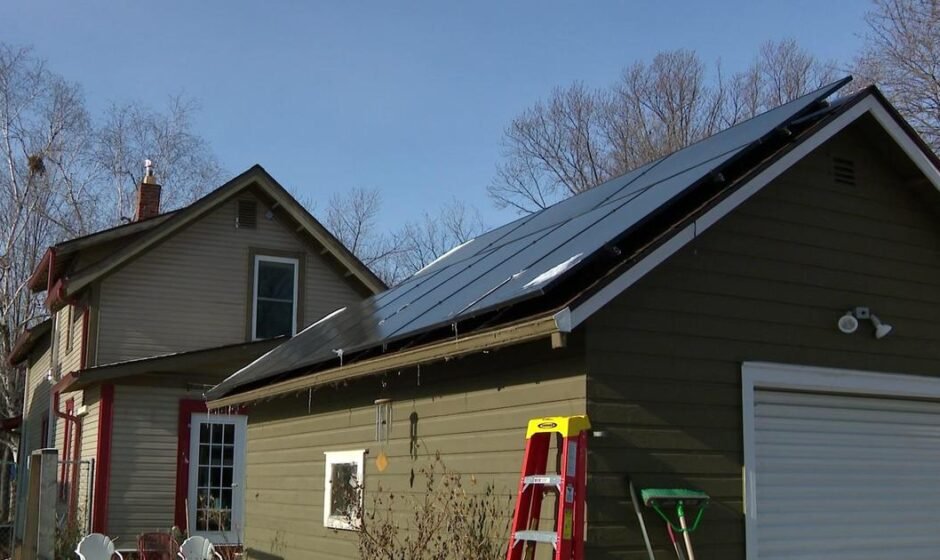Climate change continues to be a pressing concern for communities and agencies across Minnesota, especially as the warm winter persists. Lisa Barajas, Executive Director of Community Development with the Metropolitan Council, emphasizes that no corner of the region has been untouched by climate change in the last decade. The impact is evident in various aspects of life, such as the 366% increase in insurance premiums in the Twin Cities since 1998, the agricultural community suffering from intense rainfall and drought, the stress on roads and homes due to severe storms and flooding, and the challenges faced by parks and trails due to extreme temperatures.
To address these challenges, the Metropolitan Council updates its plan every decade, with the newest plan looking ahead to 2050. The goal is for the region to achieve net zero carbon emissions by that time. Collaboration with local governments is a crucial part of this plan. In Bloomington, for example, the curbside cleanup program, which includes organics, has been a major initiative. Mayor Tim Busse explains that the program has diverted more than five tonnes of material that would have ended up in landfills, such as old coats and mattresses, by recycling or reusing them.
Furthermore, the city of Bloomington is working on additional projects to enhance resilience, such as installing solar panels and electric vehicle (EV) charging stations. These efforts have been driven by the community’s demand for sustainable initiatives. Mayor Busse highlights that residents have been instrumental in advocating for these projects, and the city is allocating a budget of $300,000 for a climate mitigation plan.
Barajas emphasizes that addressing climate change requires collective action and multiple solutions. She states that there is no single solution or technology that can solve the issue alone. Fortunately, a statewide survey shows that 75% of Minnesota governments or organizations have climate plans in place. These efforts have already led to a 23% reduction in the state’s greenhouse gas emissions between 2005 and 2020.
In conclusion, Minnesota is actively working towards building resilience and combating climate change. Community-driven initiatives and collaboration with local governments are key components of these efforts. By implementing sustainable practices, such as recycling and reusing materials, installing renewable energy sources, and developing comprehensive climate plans, the state is taking important steps towards a more resilient and sustainable future.
Note: The author of the original article is Adam Del Rosso.




